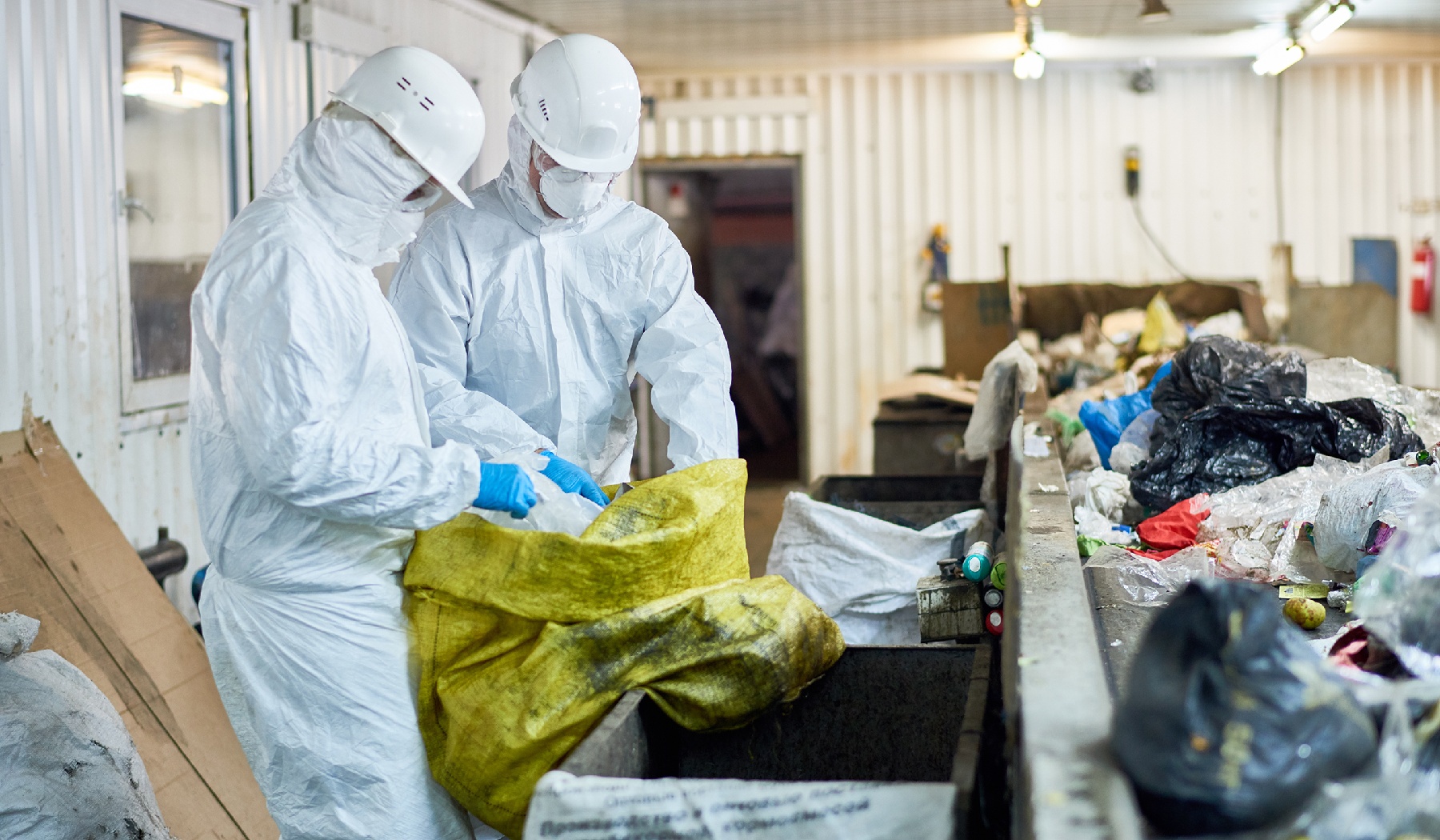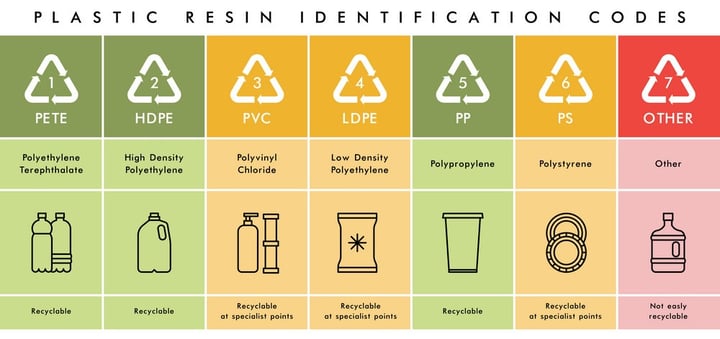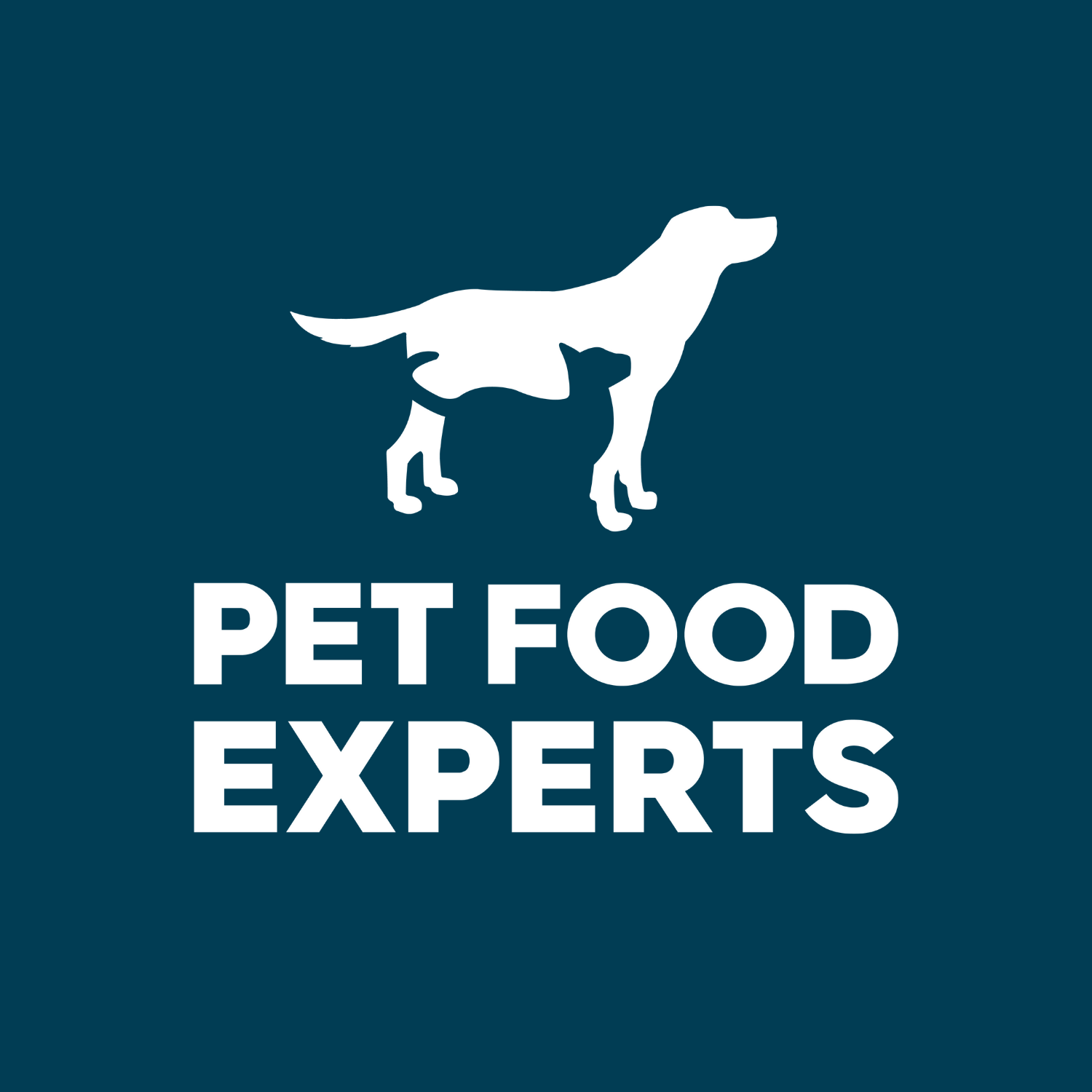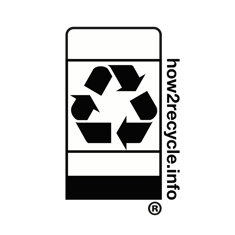Reduce, Reuse, Recycle. It’s the mantra we’ve all heard, and while the first two are words in the mantra may be easy to understand, recycling just feels…gosh... so much more complicated. What can be recycled, and what cannot? And if not, why the heck not? We’ve seen headlines that China is rejecting recycling from around the world, that municipalities are cutting programs...so can we still recycle? Is it just wishful thinking if we do, or are we really making a difference? And since COVID-19 has basically infiltrated every single snapshot of our lives today, how has it impacted recycling?
So, what is the state of recycling today, and can retailers in the pet industry make a difference? The good news and short story is: YES, recycling is as important as ever and makes a huge difference! The benefits of recycling are considerable.
- Reduces GHG (Greenhouse Gases).The EPA estimates that if we were able to increase our recycling rate in the United State just 8% (to 35%, up from 2017 levels of 27%) we would reduce GHG emissions by 11.4 million metric tons. That is the equivalent of taking nearly 2.5 million passenger vehicles off the road for a full year.
- Creates jobs. It is estimated that if the US recycled 75% of materials by 2030, it would create over 1.1 million jobs.
- Takes waste out of landfills (which are filling up fast!) and helps support a more circular economy. Additionally, it can lower a business’s waste removal expenses.
- Reduces the need for raw materials, which in turn can prevent deforestation and biodiversity loss. Along with that, goods manufactured with recycled materials typically take less energy than raw materials and manufacturers NEED the materials — basically, your recyclables become your future stuff.
Why Aren't Things Being Recycled?
Despite all these benefits, even today the crazy fact is that most recyclable materials end up in landfills. Why? Recycling labels are confusing and consumers aren’t sure what is and isn’t recyclable. What is recyclable depends on where your business is located and municipal waste management guidelines. It can be different from one town to the next! On top of that, recycle waste streams are easily contaminated because people are prone to two common mistakes.
First, people often participate in the act of "Wishcycling". Wishcycling happens when you put something into the recycling bin without checking whether it's actually recyclable. You don't want to add more waste to the planet, so you toss your item in the recycling bin, hoping it'll get recycled, but most of the time it's not recyclable.
For example, I stopped my aunt from putting grocery bags (neatly folded!) into her curbside recycling. Here's how the conversation went...
Me: “Oh, it’s awesome you organized those in such a nicely organized way, but they can’t be recycled in single stream.”
Aunt: “Oh, I organize them so that the city will know they should recycle these bags.”
Second, people often give in to laziness when it comes to recycling. I will fully own my own part in this! Before this was my life and job, it was easy for me to toss the old honey jar, the goopy remains in the yogurt container or the errant post-party, partially consumed beer bottle into the recycle bin. What many don't realize is that a dirty recyclable container can contaminate the paper goods it is shipped with and render those materials unrecyclable.
 As a result of "wishcycling" workers must spend hours sorting through materials to be sure they are the correct codes. Running incorrect items through single recycling waste streams runs the risk of clogging or worse.
As a result of "wishcycling" workers must spend hours sorting through materials to be sure they are the correct codes. Running incorrect items through single recycling waste streams runs the risk of clogging or worse.
Besides those common mistakes, recycling is also inherently complex because it is ultimately a commodity. Like the oil market today, recycling is subject to constantly changing factors that influence cost and availability. Technology innovations, changes in supply sources, the development of new end market demands and external market forces all influence how and what we recycle and the demand and cost of recycled materials.
Case in point, when the federal government activated the Defense Production Act to help combat COVID-19, manufacturers and recyclers made it clear that recycling was an “essential” activity because of the critical role it plays in manufacturing supply chains.
The boxes in which all those masks and gowns urgently needed in hospitals get shipped? Corrugated cardboard, which is made largely from recycled paper and fibers. The materials that go into face shields and ventilator masks? Constructed with recycled plastics. The toilet paper we covet? Recycled fiber stock has disappeared.
COVID-19 has also impacted the supply chain of recyclable materials. The temporary closure of redemption sites has influenced shortages in recyclable feedstock. Yet, at the same time, municipalities are collecting dramatically more recycled materials from our homes. Because let’s face it: staying at home so much has increased our alcohol consumption. A lot.
So are you ready to up your recycling game? Let's jump into it.
Retail Recycling 101
With that background, let's get started with how a retailer like yourself can actively participate in the recycling supply chain. To begin with, if you learn anything about recycling by reading this post, it should be... Avoid contamination!
Bits of plastic film, liquids, food particles are the “don’t touch your face” of the recycling world. Even small amounts of contamination can negatively impact an entire stream of recycling. A few minor steps when recycling can make world of difference in whether or not your best intentions wind up in the landfill. Here are some guidelines to follow based on materials:
Cardboard: Retailers in the pet industry deal with lots, Lots, LOTS of cardboard, and fortunately this is one of the easiest products with a downstream market to recycle. just a few simple steps added to your routine and all those boxes will easily be recycled.
You just need to be sure to breakdown your boxes (if you are a large retailer with a huge amount of cardboard, you may want to invest in a baler) and remove plastic shipping labels and tape from boxes. Remember cardboard cannot be recycled if it has any food or liquid residue. Sorry, no pizza boxes! Remove any contaminated areas before recycling.
Paper: Every business deals with quite a bit of paper from mail, magazines, newspapers, office paper, invoices, etc. Luckily, all these items are recyclable. Just like with cardboard make sure they are not contaminated. So remove anything with food, liquids, bubble wrap or padding. Also be sure to remove the plastic film windows from envelopes.
Cans: In an independent pet store, there are plenty of cans lining your shelves. A dropped can may pop open and no longer be viable for sale. Or sometimes cans sit on the shelf until they expire and must be pulled. You can't simply just toss these into your recycling bin as is. First you must remove paper or plastic labels. Clean out any residual materials - they don’t need to be spotless, but make sure they are dry so they don’t contaminate other items. Only then can you recycle these cans. Ideally these things won't happen often, but these steps can help keep recycling streams clean.
Plastic: There is so much attention on plastic today, with good reason. It’s a mess, dirtying our waters and world. Retailers can make tremendous differences with their choices and actions involving plastic. Keep the mantra in your head: Reuse, reduce, recycle… Reuse, reduce, recycle…Reuse, reduce, recycle… Let the mantra guide you when making decisions for your business whether they are on a large scale or a small everyday scale.
- Reuse. Encourage your customers to bring their reusable bags. Offer an easy incentive, like a free dog treat for customers who bring in their own bags. Put up signs outside in the parking lot or on your store entrance to remind customers to bring their own bags will make a difference. You could take a step further and charge a nominal fee for single use plastic bags.
- Reduce. Actively look to carry products with recycled content and packaging. Supporting sustainable brands and sharing their products with the pet parents of your community will build upon your own efforts.
- Recycle. Know what can be recycled and how! Most confusing is that this wonderful symbol, ♻︎ does NOT necessarily mean the item is recyclable. More important is the number in the arrow, combined with what your waste management program will take. Most plastic containers like water bottles, food containers, detergent jugs etc can go in your municipal recycling. Just be sure to a) know what your town accepts and b) make sure you check the # before you recycle.
 Here is a breakdown of plastic recycling codes. Before tossing something in your recycling bin please confirm which materials are accepted in your local municipality.
Here is a breakdown of plastic recycling codes. Before tossing something in your recycling bin please confirm which materials are accepted in your local municipality.
While most municipal waste programs don’t take flexible packaging (because it often clogs single stream machinery), it may surprise you to learn that LOTS of flexible packaging can be recycled. Plastic shopping bags, plastic films, zip lock bags, and other thin, flexible plastics can be recycled. You can use How2Recycle to find locations that recycle these items near you. To learn more about How2Recycle register for the Pet Sustainability Coalition’s Webinar coming up soon.
Join Our Informative Webinar!
Learn about the How2Recycle smart labeling system that is working to standardize recycling labels and educate consumers in the pet industry and beyond.

Now that you know the ins-and-outs of what can be recycled and what can’t, it is time to put together an action plan to up your recycling game!
The Elephant in the Pet Store
But before you go, let's acknowledge the elephant in the room: the vast majority of pet food and pet treats are packaged in multi-laminate plastic, which, although incredibly excellent for its lightweight, durable and airtight properties, is not currently recyclable.
It is estimated that 300 million pounds of pet food and treat bags are generated in the US alone each year, 99% of which ends up in landfill. In my next post, we'll dive in to a new pilot program called Flex Forward and talk about what the Pet Sustainability Coalition, Earth Animal, and Pet Food Experts are doing to reduce the waste created in the pet industry.
If you haven't already heard about the Flex Forward here is a sneak peek of what we've been working on.
Well there you have it... please share your thoughts on recycling with us below and be sure to subscribe if you haven't already to learn more. Thank you for reading!




